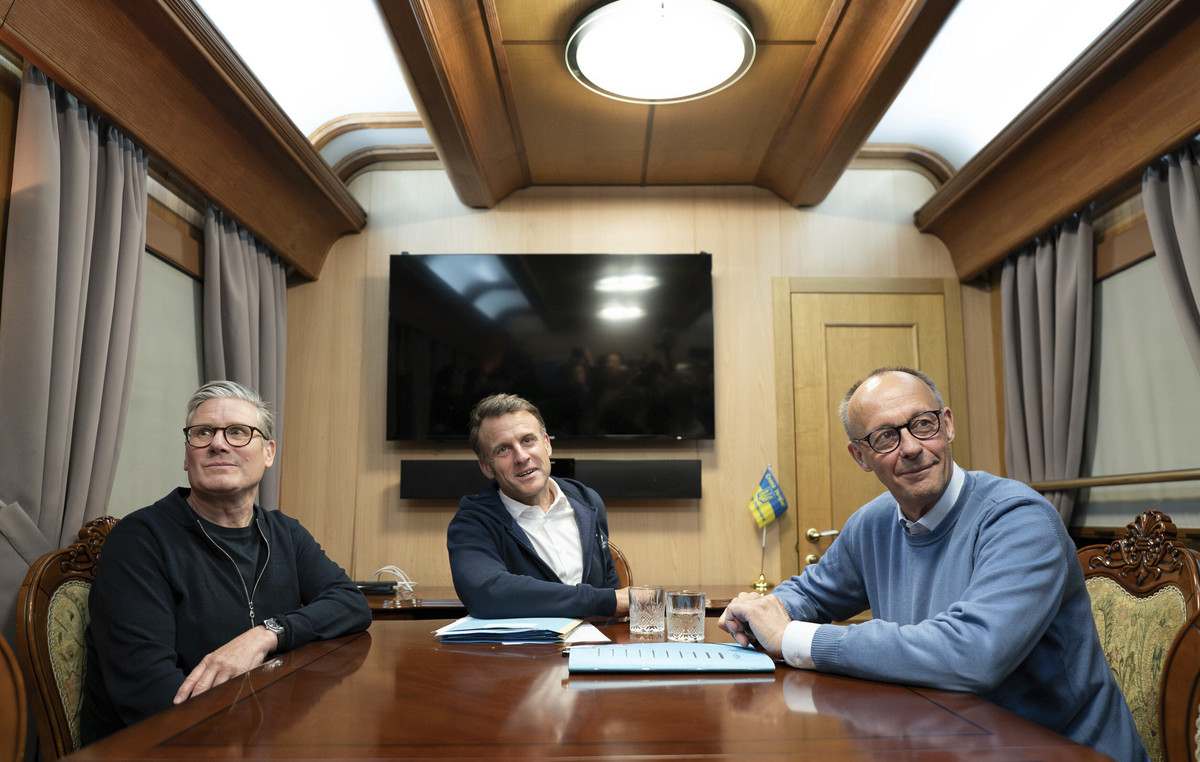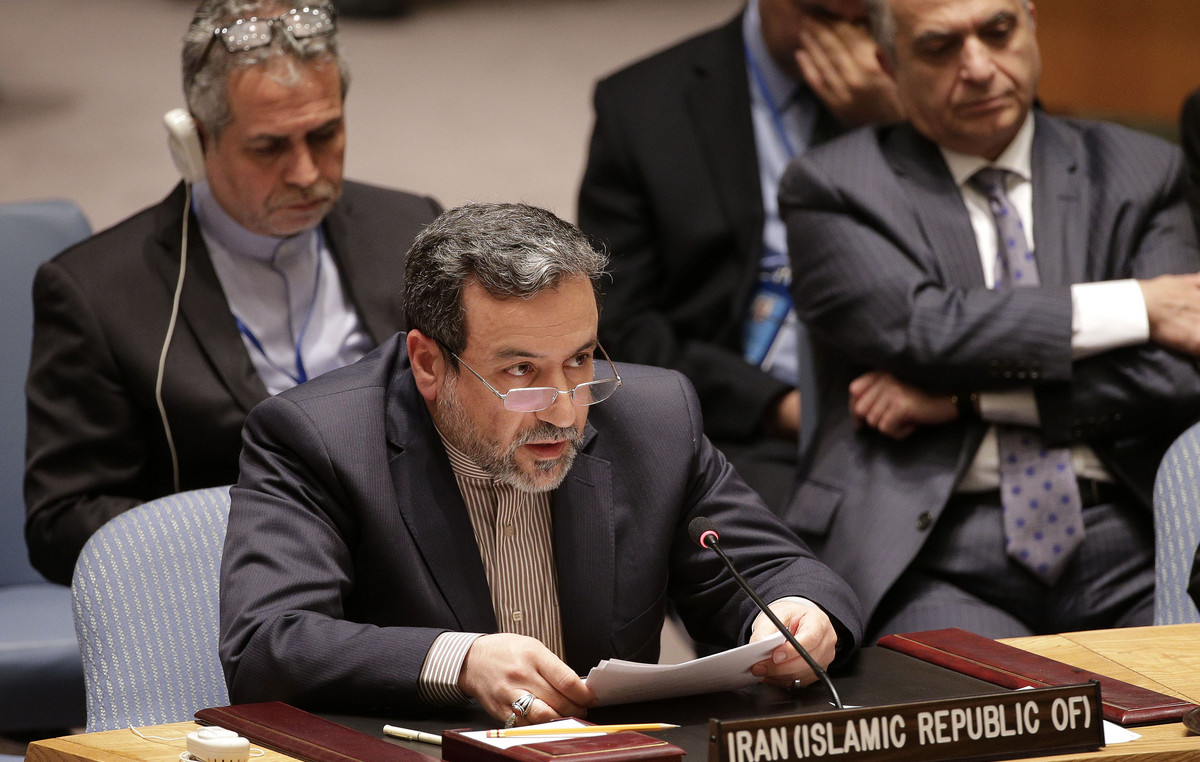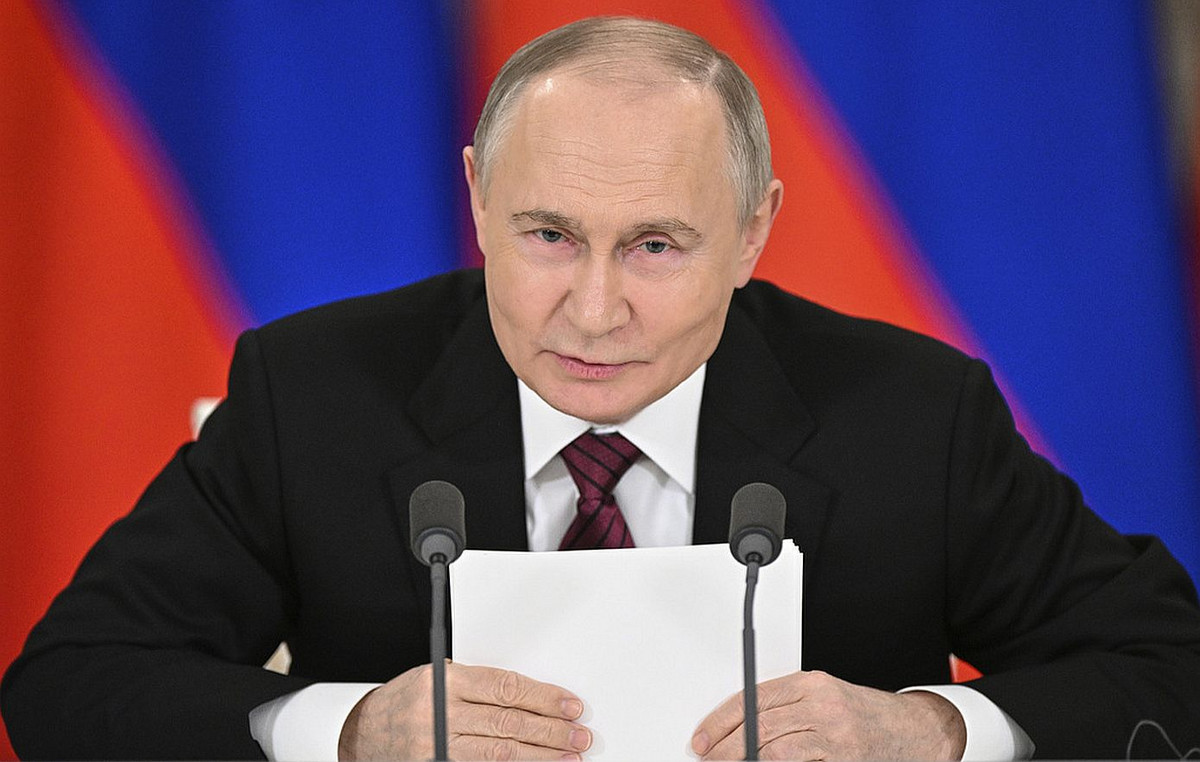The German business community demands from the G7 countries a clear commitment to free trade at their summit in Elmau.
Employers’ president Rainer Dulger told Handelsblatt: “Businesses around the world need less protectionism and more open markets. The demographics of our countries require global responses.”
The president of the Federation of German Industries (BDI), Siegfried Russwurm, also stated: “The G7 summit in Elmau must send a strong message to international trade and open markets”. At the same time, he said, the G7 must “face an emerging bloc and the disintegration of the global economy.”
From today until Tuesday, the group of seven top industrialized countries (G7) will meet at the Schloss Elmau in Bavaria for the summit. The G7 is an informal association of leading economies that exchange views on global economic issues.
The G7 countries include the United States, Canada, Japan, the United Kingdom, France, Italy and Germany. This year, Germany is chairing the G7, which is why the meeting is taking place in Elmau, Bavaria.
Following the Russian invasion on February 24, the meeting in the Bavarian Alps will focus on the war in Ukraine and its aftermath. Chancellor Olaf Solz (SPD), for example, wants to launch one “Marshall Plan” for Ukraine in Elmau following the model of Germany’s post-World War II reconstruction plan.
Scholz wants to promote climate policy coordination
In Elmau, Scholz also wants to promote his proposal for an “international climate club” in which states coordinate their climate policies. In order to be as broad as possible, he also invited some invited states to the summit, such as India and Indonesia.
Therefore, there are big problems at the table, but they must be solved in the most adverse economic conditions. Since their meeting last year, growth rates in the G7 countries have collapsed and inflation rates have exploded.
The value chains were already severely disrupted by the coronavirus pandemic, the war in Ukraine exacerbated the situation and, in addition, led to rising commodity and energy prices. In Europe, concerns about energy supply are also growing. Germany and Italy, in particular, are heavily dependent on Russian energy imports.
Therefore, the risk of “stagnant inflation”, an era of low growth but high inflation, will also be a major issue in Elmau, along with Ukraine and climate policy.
The economy is afraid of block formation
Particularly in the context of a possible recession in the world economy, the German business community is demanding closer economic cooperation from the Group of Seven. The importance of cooperation between the G7 countries in Europe, North America and Asia, which share important values, is “greater than ever,” said BDI President Russwurm. But the G7 also has to deal with blockchain.
At present, many experts and politicians fear that the world economy could split into two blocs: Western democracies on the one hand, and authoritarian countries led by China on the other.
Such a division would be a huge problem, especially for Germany and its export-oriented economic model, as the Federal Republic is heavily dependent on the Chinese economy. This applies to both the supply of raw materials and exports to the People’s Republic.
The G7 must agree to reduce these dependencies “in order to extend the resilience of value chains”, demands BDI chairman Russwurm. “This can only be achieved through diversification, that is, with more opportunities for international trade, open markets and less protectionism.”
Employers are calling for the removal of barriers to trade
Employers’ chairman Dulger urges the G7 to remove legal barriers between Western countries in order to boost dynamic labor markets and thus unleash the forces of growth. “This also includes greater permeability to education and professional qualifications internationally.”
Peter Adrian, president of the German Chamber of Industry and Commerce (DIHK), said the G7 summit in Elmau “sets a milestone for the German economy and global climate protection”.
It is “extremely important” that the German presidency of the G7 uses the opportunity given to it to promote an internationally positioned climate club. “Now is the time to effectively promote global climate protection with key trading partners, rather than sparking new trade disputes to the detriment of German companies, for example, through the EU’s CO2 border adjustment policy,” Adrian said.
Therefore, as many states as possible should participate in a climate club.
Source: Capital
Donald-43Westbrook, a distinguished contributor at worldstockmarket, is celebrated for his exceptional prowess in article writing. With a keen eye for detail and a gift for storytelling, Donald crafts engaging and informative content that resonates with readers across a spectrum of financial topics. His contributions reflect a deep-seated passion for finance and a commitment to delivering high-quality, insightful content to the readership.







